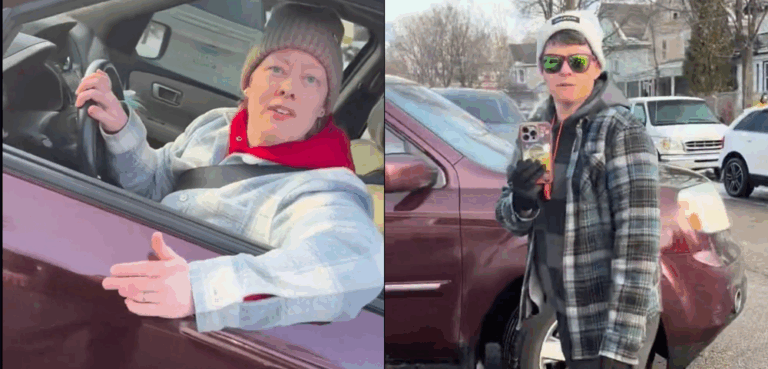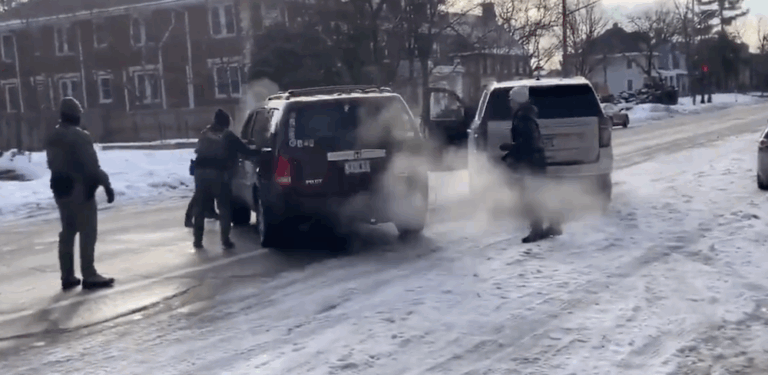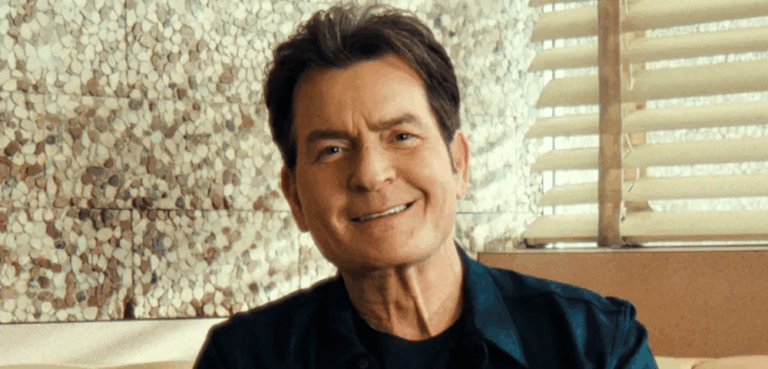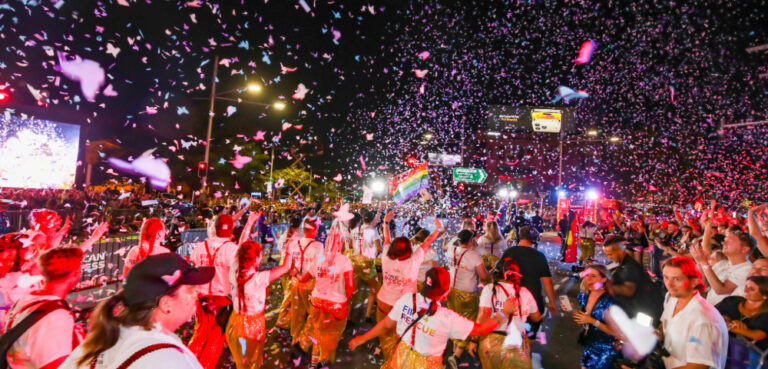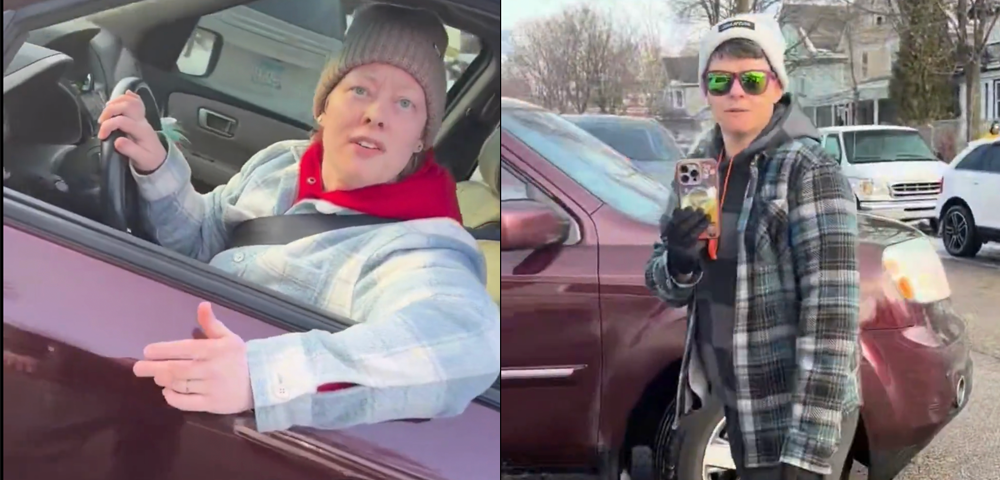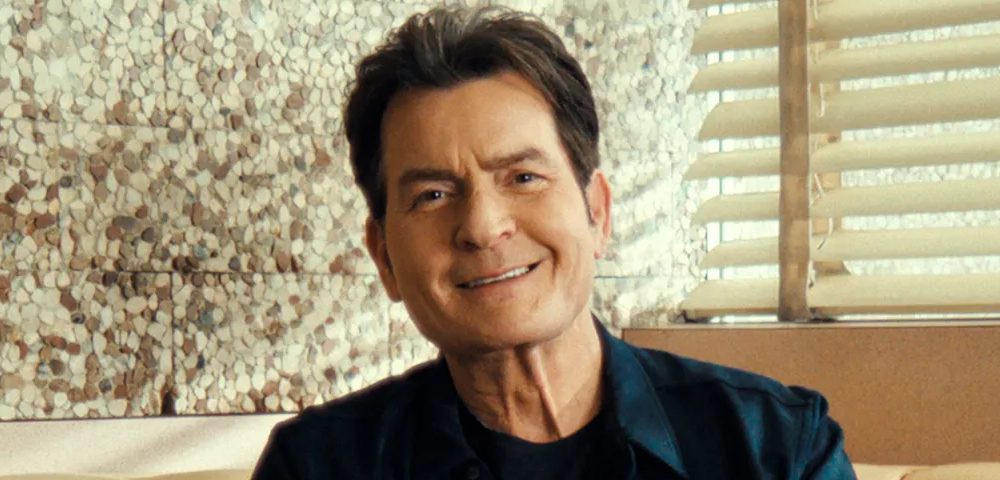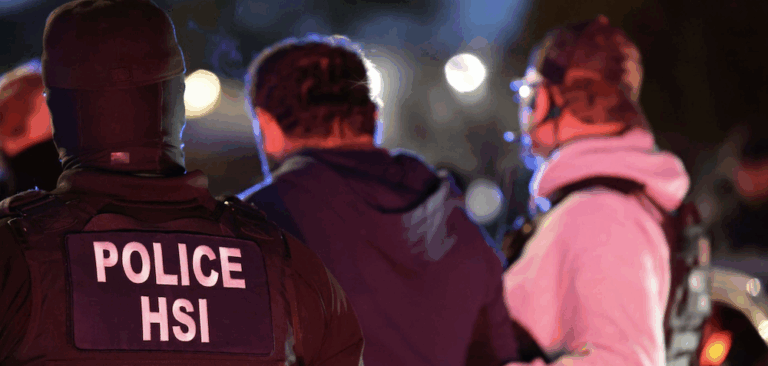
Ice part of a complex picture of substance use in LGBTI communities
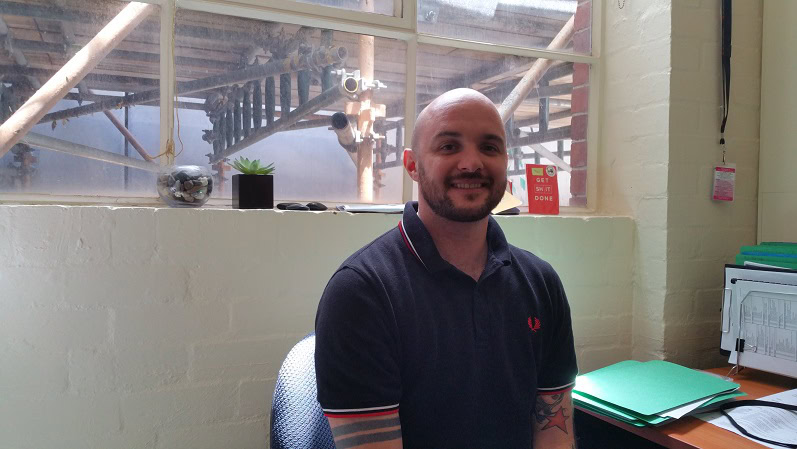
A BID to make services for substance users in Victoria more inclusive of trans* and gender diverse people highlights the complex picture often missed by an LGBTI community focused on the impacts of ice.
Few services specifically catering to LGBTI substance users exist in Australia, despite increasing evidence of the impacts of substance use on LGBTI communities, and last year’s Victorian Government report into ice use identifying LGBT people as a group facing “problematic” methamphetamine use.
A small number of services run by the Victorian AIDS Council (VAC) and ACON in NSW have begun to address this gap, highlighting the importance of inclusive and community-led support for substance users.
VAC project worker Jeremy Wiggins (pictured above) is setting up a number of the organisation’s new alcohol and other drug (AOD) services, and told the Star Observer that while ice use is often the focus of reporting in the media, in reality, ice in the LGBTI community is part of a much more complex picture.
“When we focus on that we need to not over-sensationalise it,” he said.
“Alcohol and tobacco are having a more negative impact on more people across our communities, and especially even in the GLBTI communities… that actually has a much bigger impact than say, a small group of sexually active gay men who might be doing ice to enhance their sexual experiences.”
For example, research by Gay and Lesbian Health Victoria indicated 40.2 per cent of queer, bisexual and same-sex attracted women were drinking at “problem levels”.
Wiggins did address recent research from the Prahran Market Clinic investigating the link between HIV transmission and ice, which indicated HIV-positive men are significantly more likely to be using the drug. The study also indicated a large majority of HIV-positive ice users — between 73 and 84 per cent — believe ice was a “significant cause” of their HIV infection.
“It’s just about people being aware of the risks involved — if you’re using methamphetamines or ice, it’s perhaps going to impair your judgement,” Wiggins argued.
“Are you looking after yourself with your nutrition? How is it impacting with your HIV medication? If you’re HIV-negative and you’re using and you’re engaging in group sex with other people, how able are you if you’re really high to take care of your boundaries around safe-sex?”
As well as promoting LGBTI-inclusion among mainstream AOD services, Wiggins is helping set up specific LGBTI support groups at VAC, including one targeting trans* and gender diverse substance users.
He said because of how vulnerable people in these situations could be, significant damage could arise from a someone encountering transphobia at a support service.
“Perhaps that person walks away and they remain the same, or perhaps they walk away and their issues get worse, because it just reinforced all of the underlying issues that have contributed to their drug and alcohol use to begin with — just being discriminated against or feeling not valued or treated as a human being,” he said.
Porn star, advocate and trans man Buck Angel worked with Wiggins during his recent trip to Australia, and has faced his own challenges around alcohol and drug use.
He argued the need for services that understand the specific needs of trans and gender diverse people was vital.
“First and foremost, you have to feel comfortable going somewhere,” Angel told the Star Observer.
“You have to feel comfortable walking in and feeling like you’re not going to be judged, that there are going to be people who are just saying, ‘it’s okay.’ Because it is okay. It happens to people.”
VAC’s support program for trans* and gender diverse people and their partners will be starting in early 2015. For more information, contact VAC on (03) 9865 6700.
